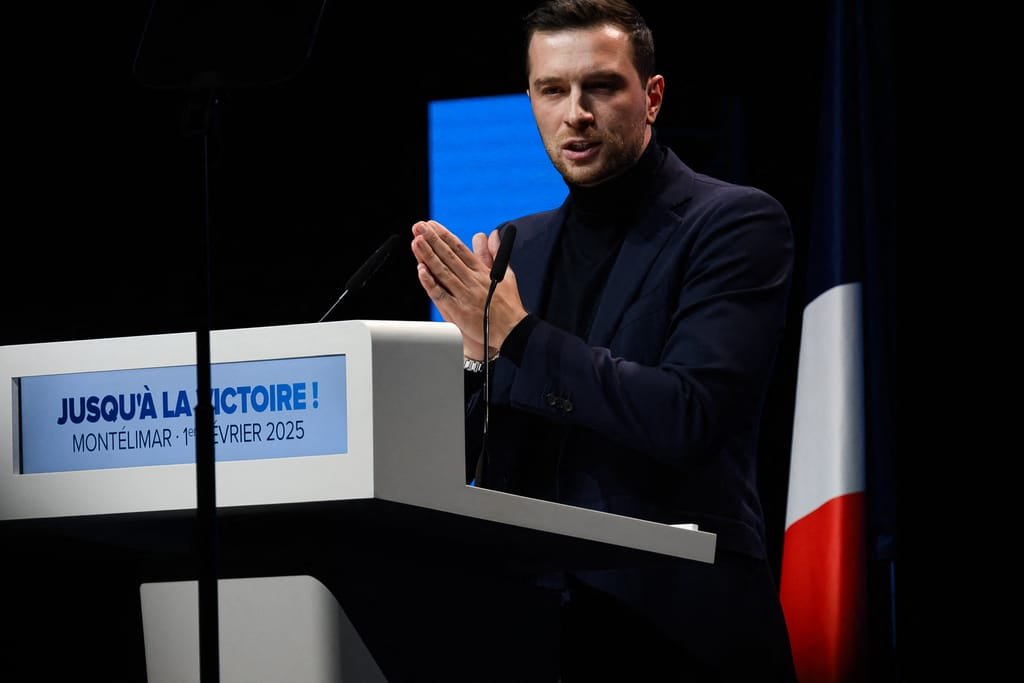“We write to express our serious concerns,” U.S. House judiciary chair tells Virkkunen.

BRUSSELS — United States House Judiciary Chair Jim Jordan has sent a letter to the European Commission’s tech boss, Henna Virkkunen, demanding more information about how the bloc will enforce its social media law against American companies.
Jordan is demanding the judiciary committee be briefed by Feb. 13 about the EU’s social media law, the Digital Services Act (DSA), and ongoing proceedings against U.S. tech firms.
« We write to express our serious concerns with how the DSA’s censorship provisions affect free speech in the United States, » Jordan writes in the letter to Virkkunen, obtainedby POLITICO.
The letter further raises the pressure from the U.S. on the EU over a content moderation rulebook under which proceedings have been opened against Elon Musk’s X and Meta. Breaches of the law could result in fines of up to six percent of global annual turnover or, as a last resort, temporary blocks of a platform.
The DSA is emerging as a serious point of conflict between American and European regulators. The U.S. treats online speech codes as largely voluntary, with Jordan and other Republicans pushing companies to avoid moderating speech entirely.
Musk has slammed EU officials over their content moderation rulebook, and Meta CEO Mark Zuckerberg has urged U.S. President Donald Trump to stop the EU from fining American companies.
Trump himself also complained about EU tech policy, saying in Davos that the bloc’s tech fines were a « form of taxation. »
Jordan’s letter states that the DSA could « restrict Americans’ constitutionally protected speech in the United States » — even if the rulebook only applies to the EU.
The letter argues that since social media platforms generally have one set of content moderation policies that apply globally « restrictive censorship laws like the DSA may set de facto global censorship standards. »
Virkkunen previously pushed back against allegations that DSA censors free speech.
« In Europe, freedom of speech is one of our fundamental values and it’s also respected and protected [in] our Digital Services Act. So it’s very misleading also to say that, » she told POLITICO, in response to Zuckerberg’s criticism that European laws are « institutionalizing censorship. »
The letter continues Jordan’s sparring with EU top officials over the EU’s social media law.
He sent letters to former internal market chief and digital enforcer Thierry Breton in August and September of last year after Breton warned Musk about a planned live-streamed chat on X with then-presidential candidate Trump.
In the U.S., Jordan has emerged as a key attack dog on conservative « free speech » issues ― demanding documents from major platforms like Alphabet and Amazon, and accusing the industry of moderating speech in a way that favors liberals and suppresses conservative voices.
Zuckerberg came in for particularly tough treatment from Jordan in the last Congress, though his view of Meta may be softening now that the company has ended its fact-checking policies in the U.S.
One platform was largely spared: Jordan has defended X against regulatory scrutiny in the U.S.
A European Commission spokesperson denied to comment on the substance of the letter.



